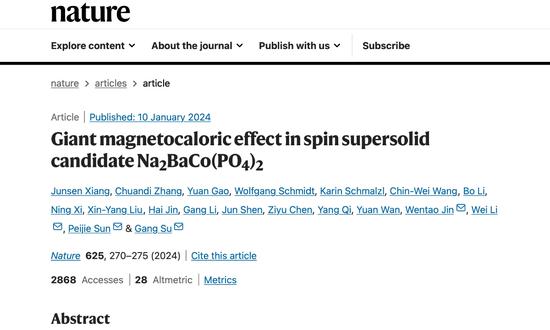
Chinese scientists have recently achieved ultra-low temperature refrigeration without the use of liquid helium, which is expected to have great application prospect in multiple high-tech fields such as deep space exploration, quantum technologies and materials science. The research result has been published in the scientific journal Nature.
Ultra-low temperature refrigeration using liquid helium was invented over a century ago, and has widely been used in national security and strategic high-tech areas such as deep space exploration, quantum technologies, materials science and large-scale research facilities.
However, due to the relative scarcity of helium in nature, it has become an important challenge within the scientific community to achieve ultra-low temperature refrigeration without using helium.
Chinese researchers from several scientific research institutes including the University of Chinese Academy of Sciences, the Institute of Physics and the Institute of Theoretical Physics, Chinese Academy of Sciences, used a triangular-lattice cobaltate material to realize the helium-free cooling to a temperature of 94 millikelvin (minus 273.056 C) with frustrated quantum magnets, designating the effect as “giant magnetocaloric effect of spin supersolid.”
Supersolid is a quantum state exhibited by matter at very low temperatures approaching absolute zero (minus 273.15 C).
Magnetocaloric effect (MCE) is a heating or cooling of a magnetic material when the applied magnetic field changes. MCE can be used for cooling and may offer larger efficiencies than a conventional vapor-cycle refrigeration.
According to the research published in Nature, supersolids are long-sought-after quantum materials with two seemingly contradictory features: a rigid solid structure and superfluidity. The triangular-lattice cobaltate material provides evidence for a quantum spin analogue of supersolidity, with an additional giant magnetocaloric effect — discoveries that pave the way for helium-free cooling to temperatures below 1 kelvin with frustrated quantum magnets.
Su Gang, a professor from the University of Chinese Academy of Sciences, co-author of the research and one of the key individuals who proposed the triangular-lattice cobaltate material to the research team, told the Global Times on Sunday that the discovery of this new state of matter and its new effects represents a significant breakthrough in fundamental researches.
It also provides a new solution to the challenging problem of ultra-low-temperature cooling in China’s cutting-edge research areas such as deep space exploration, quantum technology, and materials science, the Science and Technology Daily reported on Thursday.
Li Wei, a researcher from the Institute of Theoretical Physics, Chinese Academy of Sciences, who proposed the triangular-lattice cobaltate material together with Su, said that the biggest challenge in the follow-up work is the research and development of new devices and refrigeration systems.
According to Li, how to translate the laboratory’s achievements into practical uses and refrigeration systems, so as to provide extremely low-temperature environment and sufficient cooling capacity for deep space exploration or quantum computing, poses certain challenges in both scientific and engineering aspects.
Reviews from Nature praised the research published on Wednesday, calling it a high-quality experiment and expecting that it will spark widespread research interest.








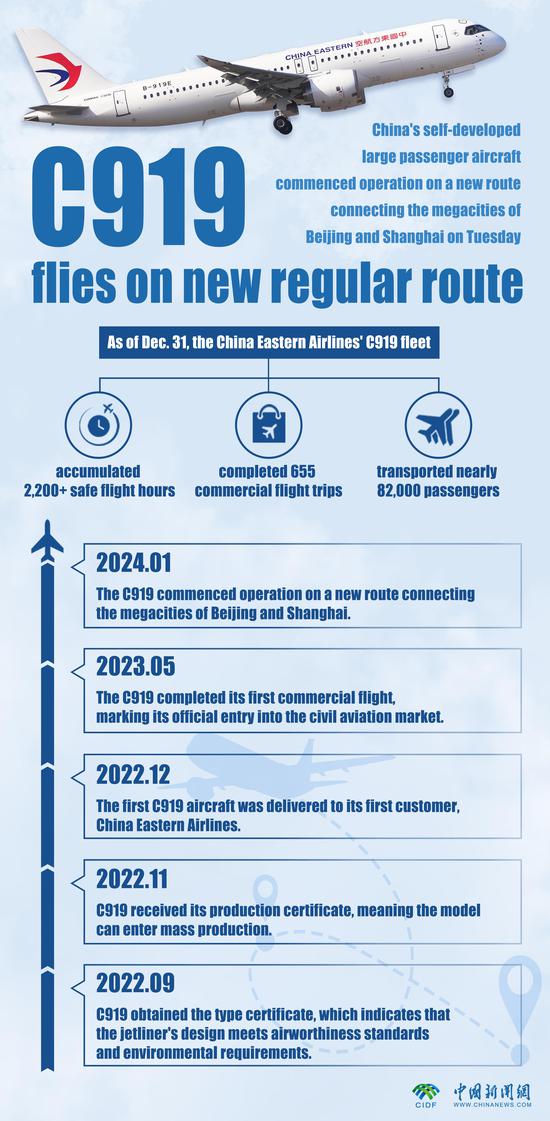





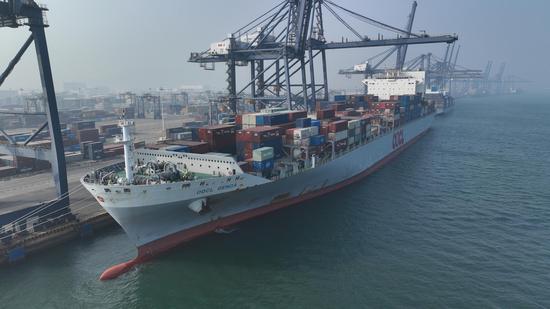
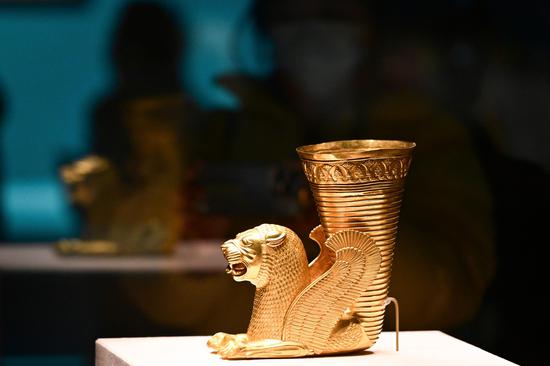
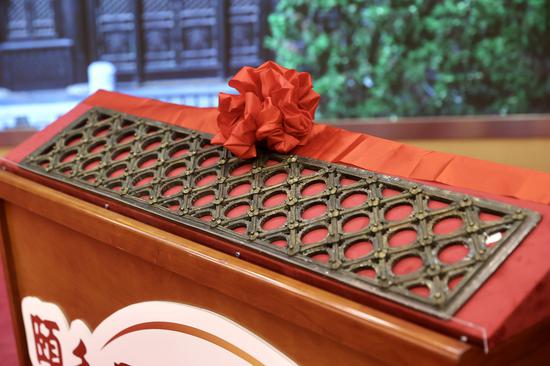
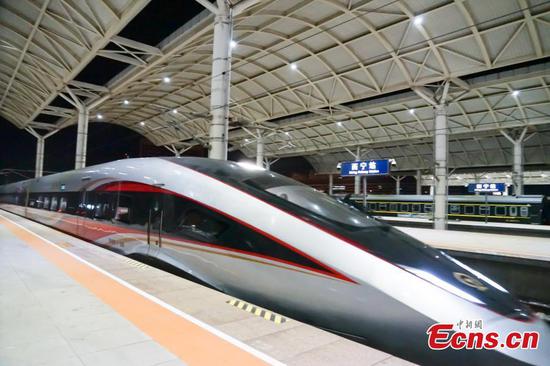
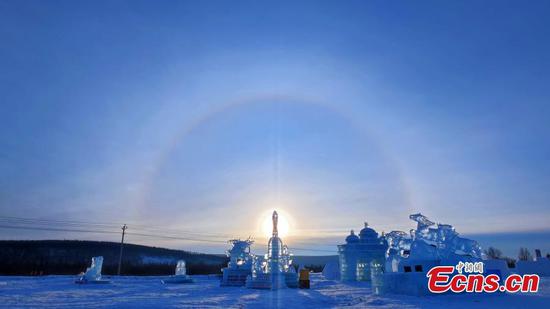
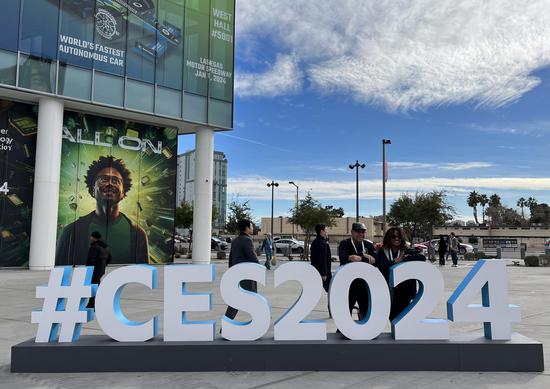

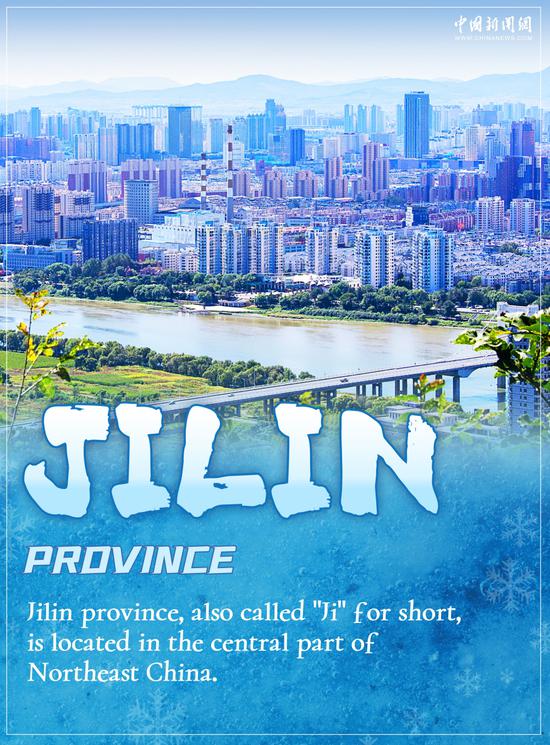
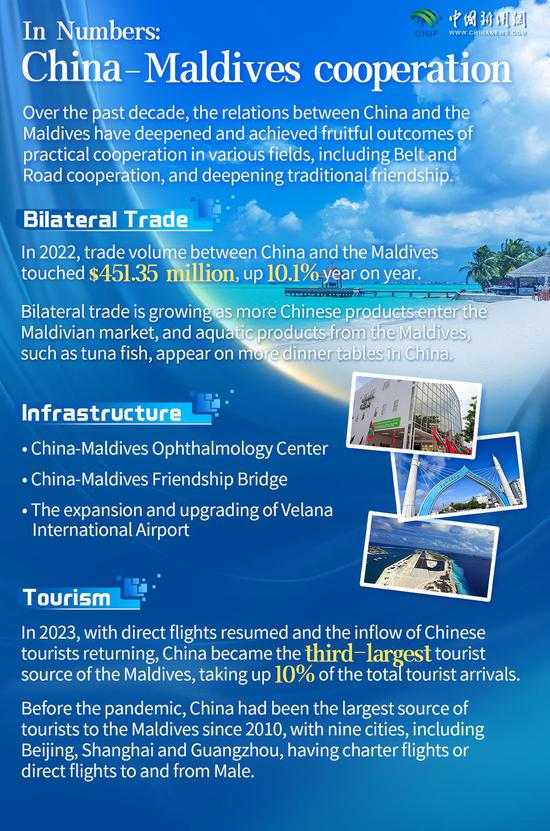
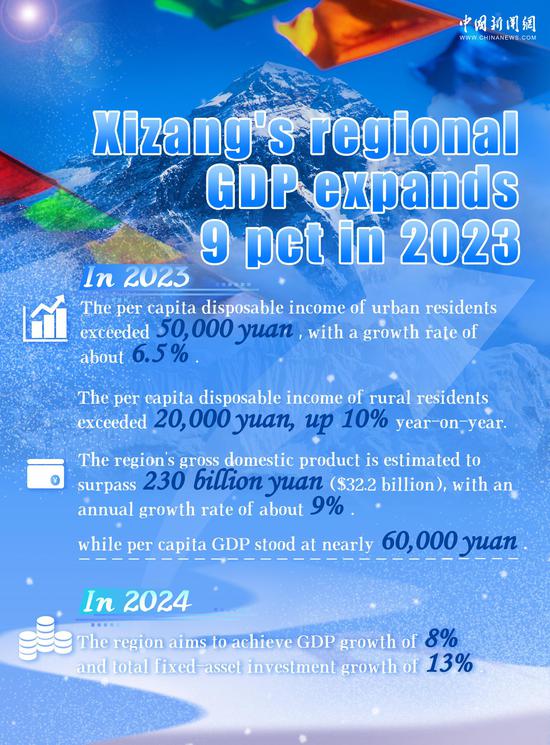
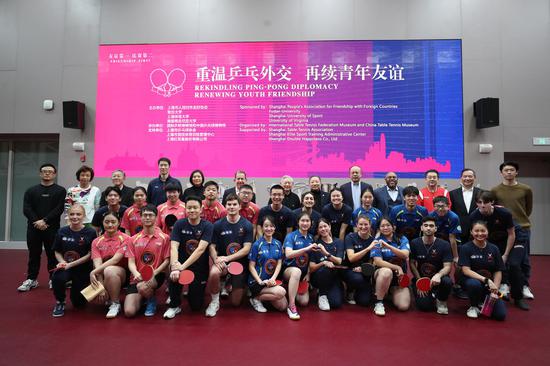
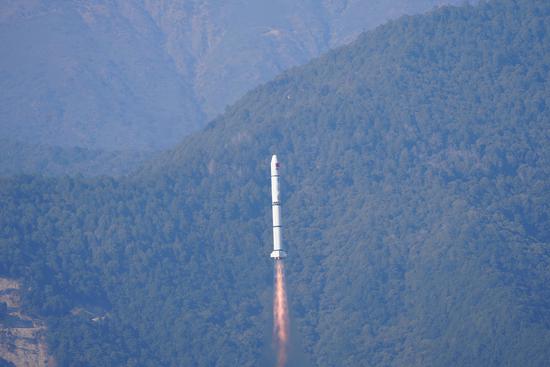

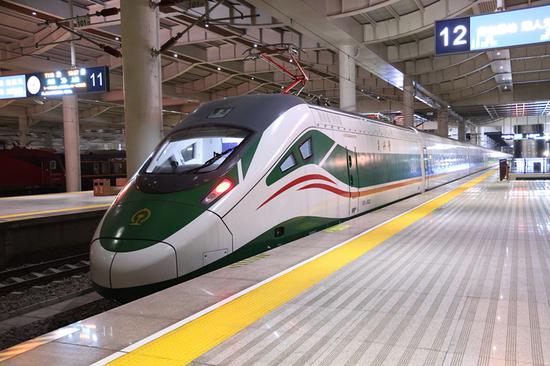

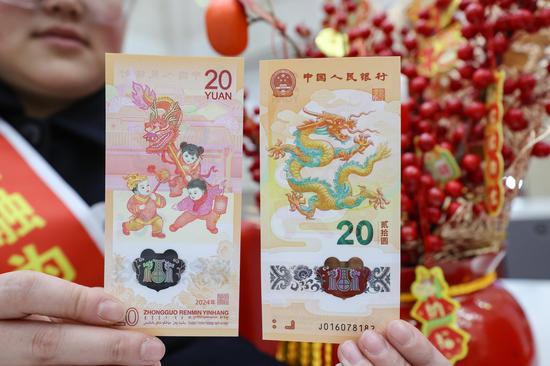

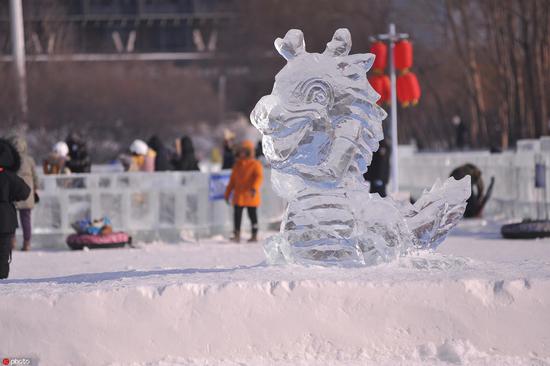


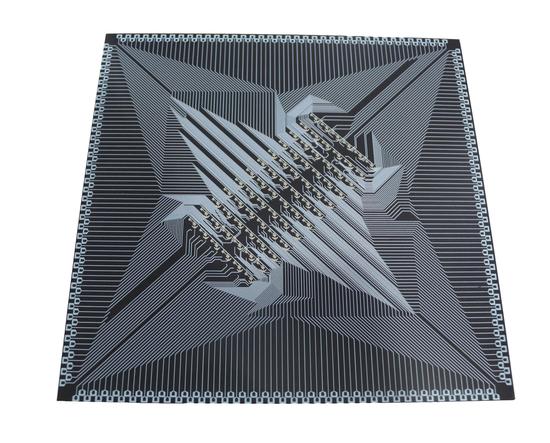
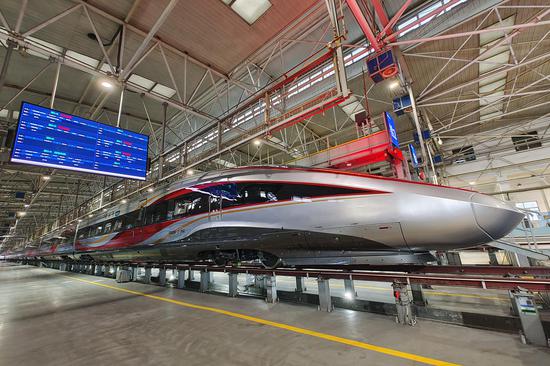


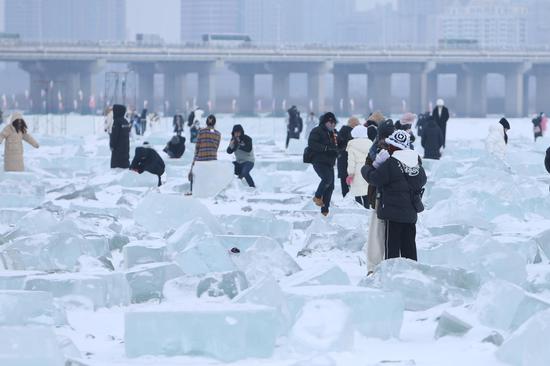
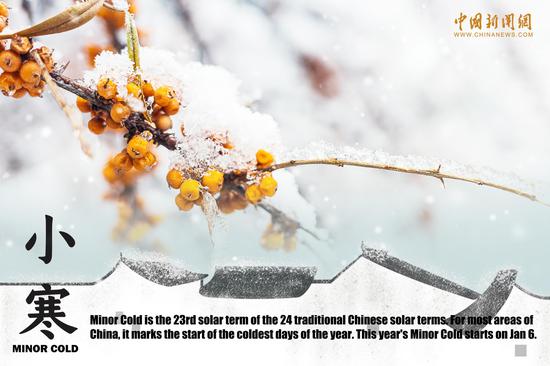
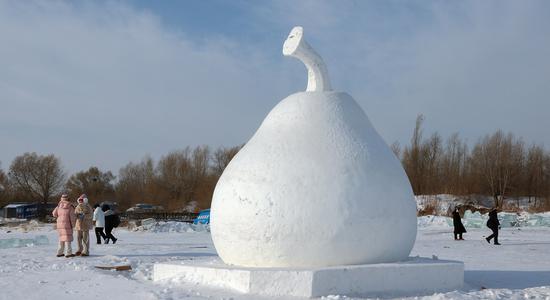









 京公网安备 11010202009201号
京公网安备 11010202009201号